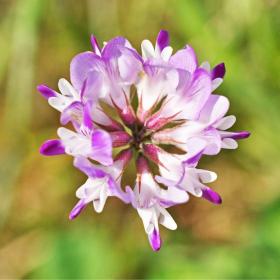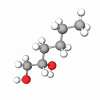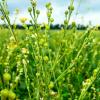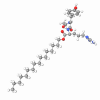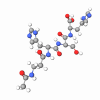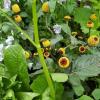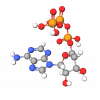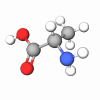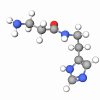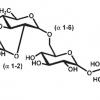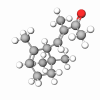Astragalus (Astragalus Membranaceus) is one of the most important herbs used in traditional Chinese medicine. It is known as Huang Qi. It is native to China and Asia, and there are thought to be over 2,000 varieties of Astragalus. However, only two species, Astragalus membranaceus and Astragalus mongholicus, are used for health.
Astragalus Membranaceusis is also widely used in Ayurvedic medicine to promote healing skin injuries and wounds, increase lung capacity and energy levels, improve metabolism, assist digestive problems, and relieve kidney conditions. This Chinese plant has been used to treat fatigue and shortness of breath. It has even been said to lessen the occurrence of frequent colds and high blood pressure.
Decoctions have been used to stabilize excessive sweating and increase endurance. According to Materia Medica, a compilation of Chinese herbal medicine, milk vetch, in combination with Red Root Salvia, is used to effectively treat chronic, non-healing sores.
Huang Qi, a perennial plant, takes approximately four years to mature. After flowering, its yellowy root, which is the medicinal part, is harvested in autumn. The herb is then used in teas, extracts, soups, or tablet form, often combined with Ginseng.Astragalus Membranaceus Root Extract is a clear, colorless liquid with a characteristic odor. It has immune-enhancing, antibacterial, antibiotic, and anti-viral properties and contains antioxidants, which protect our cells against free radical damage.
In addition, Astragalus Membranaceus Root Extract balances the immune system, energizes skin cells, and soothes allergic reactions. It is used in skincare, bath products, and deodorants.
